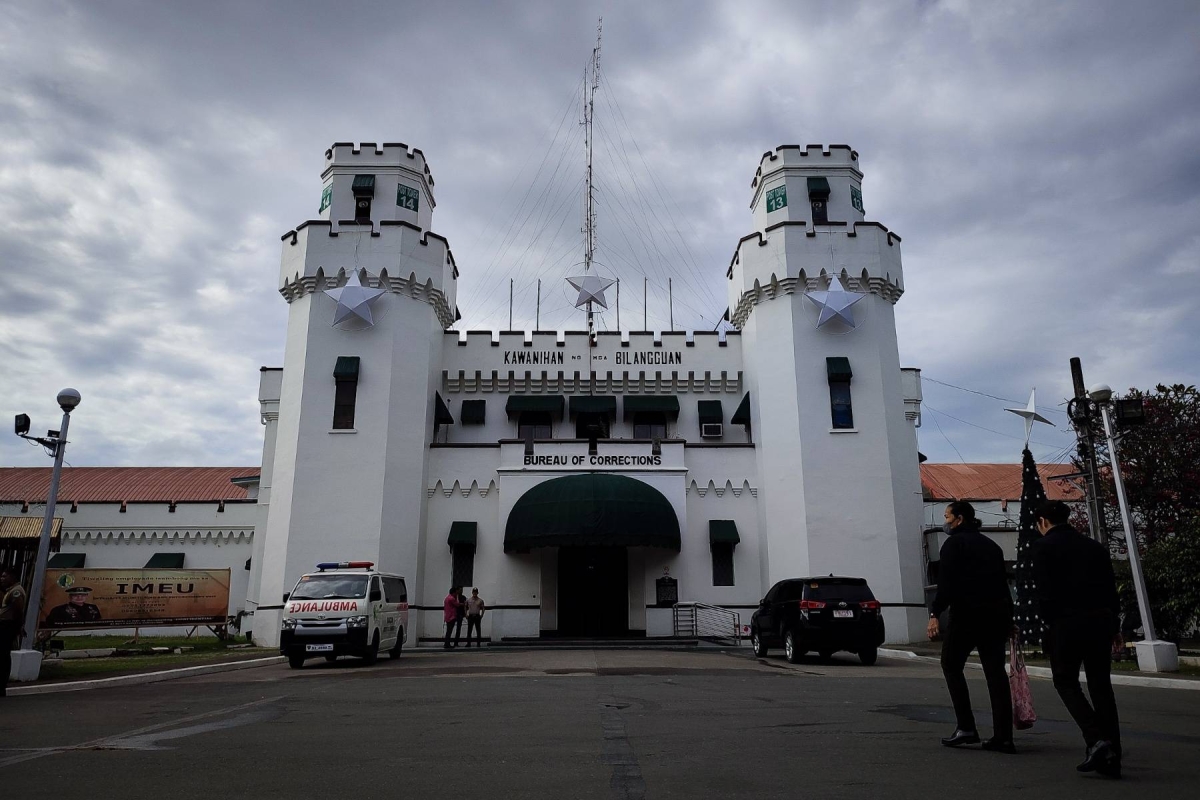Deal on convict returns pushed
PUERTO PRINCESA, Palawan — The Philippines is pushing for the establishment of an Asean-wide convention on the transfer of sentenced persons as part of its efforts to enhance legal cooperation and justice reforms in the region. The proposal was discussed during the 2nd Asean Regional Correctional Conference being held in this scenic coastal city from Feb.15 to 17 and hosted by the Bureau of Corrections (BuCor). During the second day of the regional conference, prison officials highlighted the need for a unified framework to facilitate the return of convicted individuals to their home countries. According to data presented by the BuCor and the Bureau of Jail Management and Penology (BJMP), there are currently 414 foreign nationals detained in BJMP facilities and 354 in BuCor prisons, including 30 and 24 individuals from the Association of Southeast Asian Nations (Asean) countries, respectively. The initiative aims to uphold humanitarian considerations, allowing inmates to serve their sentences in familiar cultural and linguistic environments while ensuring compliance with international legal standards. The Philippines has bilateral agreements on sentenced persons transfer with Thailand, Canada, Hong Kong, Spain, the United Kingdom and most recently, the United Arab Emirates (UAE), with the latest agreement signed on Feb. 13, 2025, during the World Government Summit in Dubai. However, officials stressed the need for a broader regional framework to address legal disparities, enhance cooperation and streamline processes among Asean member states. The Department of Justice (DOJ), serving as the central authority for extradition and legal assistance, emphasized that the proposed convention is aligned with international legal instruments such as the UN Model Agreement on Transfer of Sentenced Persons, the Inter-American Convention, and the Strasbourg Convention. The Philippines also advocates for the creation of a technical working group within Asean to advance discussions and draft a comprehensive agreement. Challenges such as differences in legal systems, compliance with treaty obligations, and procedural complexities remain key hurdles in the implementation of the transfer program. However, Philippine officials underscored their commitment to fostering open communication, capacity-building initiatives, and transparency to ensure the smooth execution of the proposed agreement. The proposal will be further deliberated in upcoming Asean legal forums, with the Philippines taking the lead in advocating for its adoption across the region.

PUERTO PRINCESA, Palawan — The Philippines is pushing for the establishment of an Asean-wide convention on the transfer of sentenced persons as part of its efforts to enhance legal cooperation and justice reforms in the region.
The proposal was discussed during the 2nd Asean Regional Correctional Conference being held in this scenic coastal city from Feb.15 to 17 and hosted by the Bureau of Corrections (BuCor).
During the second day of the regional conference, prison officials highlighted the need for a unified framework to facilitate the return of convicted individuals to their home countries.
According to data presented by the BuCor and the Bureau of Jail Management and Penology (BJMP), there are currently 414 foreign nationals detained in BJMP facilities and 354 in BuCor prisons, including 30 and 24 individuals from the Association of Southeast Asian Nations (Asean) countries, respectively.
The initiative aims to uphold humanitarian considerations, allowing inmates to serve their sentences in familiar cultural and linguistic environments while ensuring compliance with international legal standards.
The Philippines has bilateral agreements on sentenced persons transfer with Thailand, Canada, Hong Kong, Spain, the United Kingdom and most recently, the United Arab Emirates (UAE), with the latest agreement signed on Feb. 13, 2025, during the World Government Summit in Dubai.
However, officials stressed the need for a broader regional framework to address legal disparities, enhance cooperation and streamline processes among Asean member states.
The Department of Justice (DOJ), serving as the central authority for extradition and legal assistance, emphasized that the proposed convention is aligned with international legal instruments such as the UN Model Agreement on Transfer of Sentenced Persons, the Inter-American Convention, and the Strasbourg Convention.
The Philippines also advocates for the creation of a technical working group within Asean to advance discussions and draft a comprehensive agreement.
Challenges such as differences in legal systems, compliance with treaty obligations, and procedural complexities remain key hurdles in the implementation of the transfer program.
However, Philippine officials underscored their commitment to fostering open communication, capacity-building initiatives, and transparency to ensure the smooth execution of the proposed agreement.
The proposal will be further deliberated in upcoming Asean legal forums, with the Philippines taking the lead in advocating for its adoption across the region.











